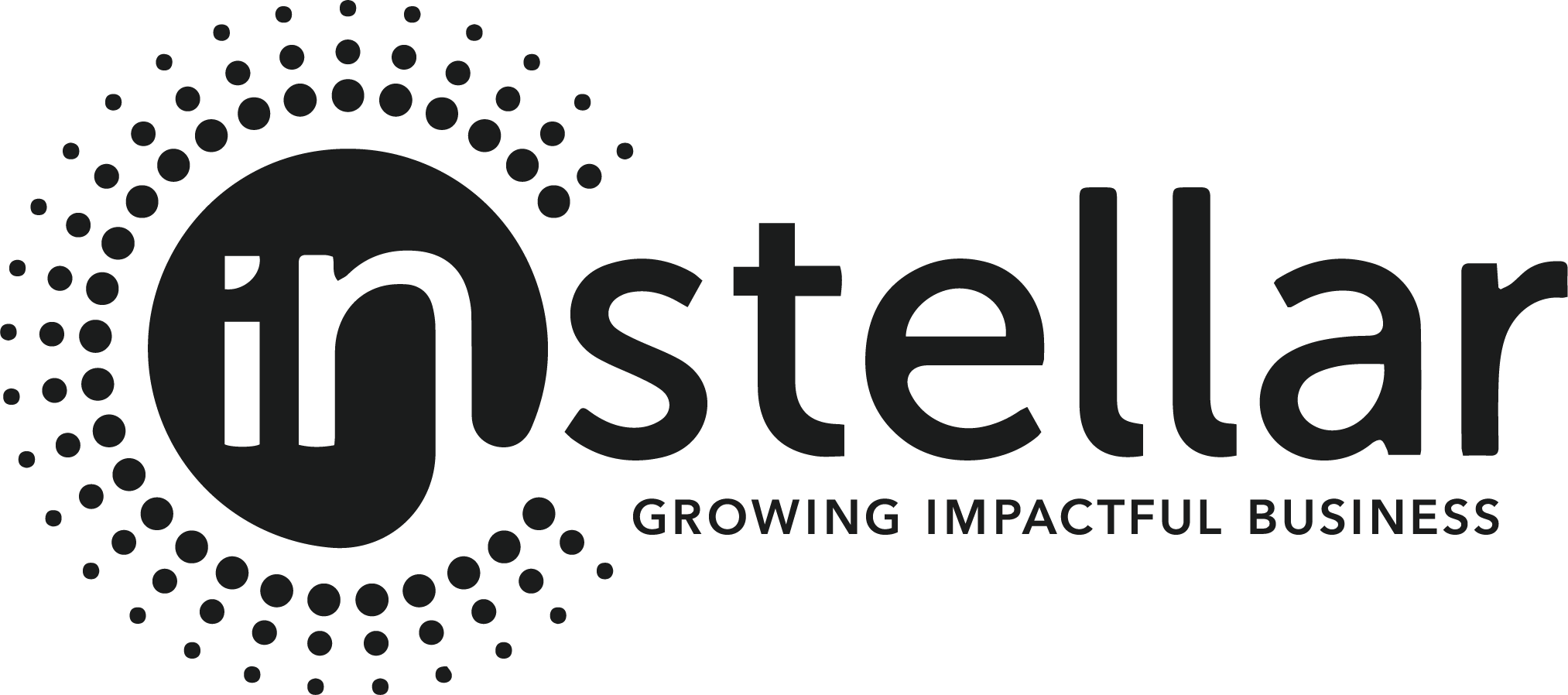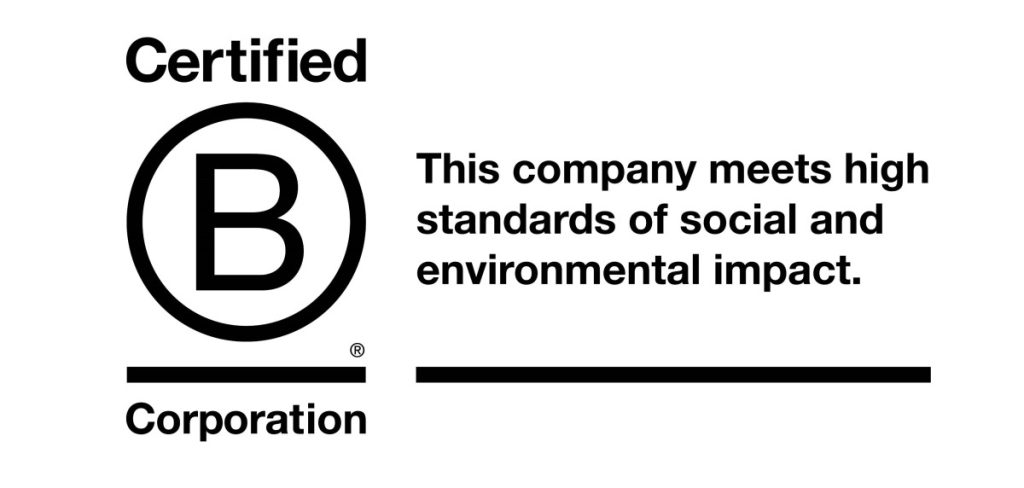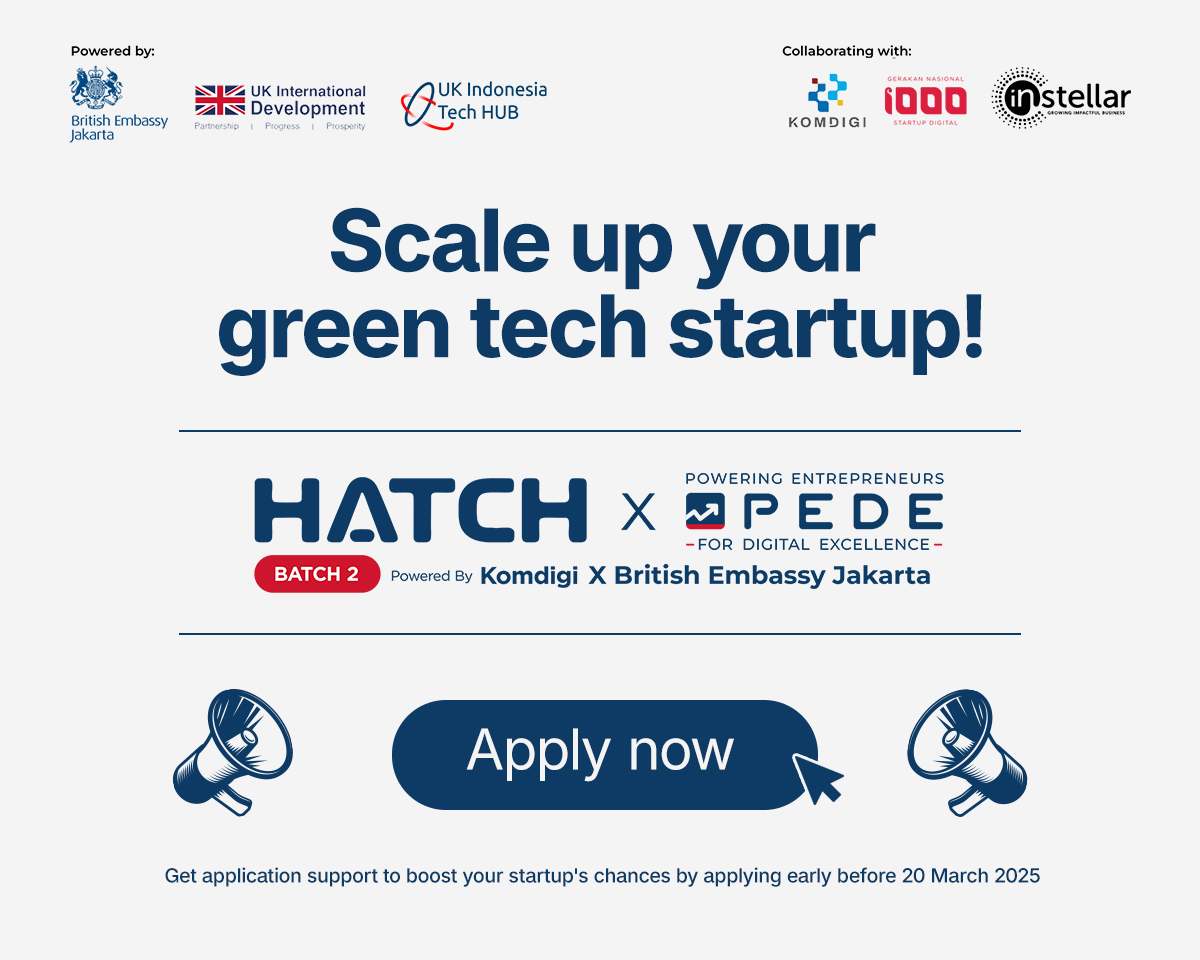#INSight – Measuring What Matters
#INSight – Measuring What Matters
Written by: Rizky Anugrah – Head of Enterprise Development
In the world of social entrepreneurship, it’s crucial for social enterprises to showcase the positive changes they bring. Why? Well, it’s easy to claim that your company is doing good, but how do other people know? Investors, the public, customers, partners, and even the government are interested not just in how much money you’re making but also in the positive changes you’re creating in the world.
But here’s the tricky part – social enterprises are finding it difficult to measure and showcase their impact. Showing off the good things you’ve been doing is not easy! You don’t want to overclaim, and you definitely need evidence to back up your number.
So do you find yourself pondering where to start with impact measurement, what steps you should take, and how you can make the journey seamless? Here are some practical tips for you to navigate your impact measurement journey.
Start with Theory of Change
Theory of Change emerges as a foundational tool in impact measurement. It acts as a compass, guiding social enterprises to identify their ultimate goals and desired impacts. By understanding the change required and its steps, organizations can align their actions with intended outcomes. Initiating this process involves identifying the root of the impact and answering key questions about the current situation, the problem being addressed, and the long-term change the solution aims to bring. it’s perfectly okay if your first draft isn’t flawless. Many entrepreneurs find the initial stages a bit tricky, and that’s completely normal. The key here is to start the journey. The Theory of Change is a dynamic tool that you can update and refine as time goes by. Think of it as a roadmap that can be adjusted to better navigate the twists and turns of your social enterprise’s impact journey. Don’t worry; perfection comes with progress.
Understanding Impact in Triple Bottom Line
The triple bottom line—people, planet, and profit—forms the cornerstone of sustainable business. Social enterprises, like any responsible business, must reflect on the social, environmental, and economic results of their activities. Understanding impact along the triple bottom line necessitates compiling an overview of all impact areas, aligning them with the organization’s purpose, and ranking them based on priority. This conscious effort clarifies the priorities of the enterprise’s purpose. Moreover, delving into the triple bottom line can be like creating a map for your impact journey. It helps you categorize and understand where your impact falls—whether it’s more on the people or social aspects, the environmental front, or a combination of both. It’s like figuring out your unique impact flavor.
Developing the Right Indicators
To refine the understanding of how an enterprise achieves its goals, developing the right indicators becomes a valuable focus. These indicators act as signposts, guiding social enterprises to measure their progress effectively. For each key impact area, social enterprises can build upon the Theory of Change results to identify and fine-tune the indicators that best align with their eco-inclusive goals. Remember, at this stage, don’t worry too much about finding the perfect indicators. It’s a process of discovery. You might have your own indicators, and that’s totally okay. As you move forward, you can also explore aligning them with international standards like SDGs or GRI. The key is to take it one step at a time. Think of it as developing the compass that will guide your journey in impact measurement. With each indicator you develop, you’re laying the foundation for a robust and meaningful approach to understanding and showcasing your social enterprise’s impact.
Setting Up Your Impact Monitoring Plan
As you move through your journey, creating a plan to monitor your impact becomes important. This means picking the right ways to gather information and putting together a system that fits with what your organization wants to achieve. After you’ve figured out your Theory of Change and chosen the best indicators, the next big question is how you collect the data. This step is crucial because how good your data is depends on how you gather it. However, It’s not just about getting any data; it’s about choosing the best methods to get information that really shows the impact your social enterprise is making.
Crafting Impactful Stories
Measuring impact goes beyond just numbers; it’s about telling a story. The changes and benefits your social enterprise brings to society need a narrative that grabs attention and inspires. We urge social enterprises to share their impact stories, turning data into stories that resonate with stakeholders, investors, and the wider community. Bear in mind that the impact data you collect means nothing if you keep it to yourself. It’s not just about showing the numbers; it’s about telling the story behind those numbers. Let’s say you’ve increased the income of the people you’re helping – that’s awesome! But what’s the story behind that increase? Sharing this kind of information in different ways and for different purposes can inspire others. Be responsible about what you share with the public. It’s about not just presenting the data but also telling the story. Make it meaningful, relatable, and inspiring while being mindful of the impact it can have.
Measuring impact can be a challenging task. At Instellar, we’ve come up with a set of framework, methods, and tools to help social enterprises measure the positive change they bring to the world. If you’re ever in need of assistance, you can reach us at hello@instellar.id. Let’s collaborate to shape a future where impact is not just measured; it’s experienced and celebrated.
Instellar Indonesia
V-Office District 8, Treasury Tower Lt.6 Unit F
Jl. Jend. Sudirman Kav. 52-53, SCBD Lot.28
Jakarta 12190
Subscribe to our newsletter for the latest updates, industry insights, and exclusive opportunities!
Copyright © 2017 – 2025 Instellar.
All rights reserved.
Instellar Indonesia
V-Office District 8, Treasury Tower Lt.6 Unit F
Jl. Jend. Sudirman Kav. 52-53, SCBD Lot.28
Jakarta 12190
Subscribe to our newsletter for the latest updates,
industry insights, and exclusive opportunities!
Copyright © 2017 – 2025 Instellar. All rights reserved.




